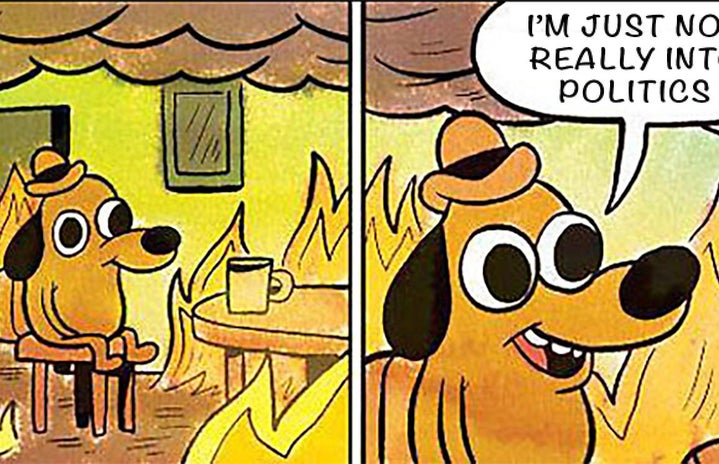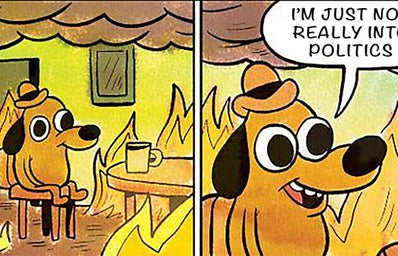From famous albeit not so humorous lines of a TV show to quoting famous personalities from their interviews, to the tedious day-to-day conversations, a meme can be made out of anything. Quite literally. When we surf the internet, we can most certainly find millions of memes with funny faces plastered over text that do not necessarily make much sense but it gets a chuckle out of people and therefore it serves its purpose.
To anyone who hasn’t been living under a rock, memes have been the past, present, and future of all social media platforms. Memes, perhaps, have made communication less anxiety-provoking and more fun. Suffice to say, memes don’t really need an introduction. But they deserve one.
‘A meme is an idea, behavior, or style that spreads by means of imitation from person to person within a culture and often carries symbolic meaning representing a particular phenomenon or theme. A meme acts as a unit for carrying cultural ideas, symbols, or practices, that can be transmitted from one mind to another through writing, speech, gestures, rituals, or other imitable phenomena with a mimicked theme.’ It is only fair for people who share memes on a daily basis to know where the word comes from. The word “meme” was coined by legendary evolutionary biologist Richard Dawkins in his seminal 1976 book, The Selfish Gene.
On days when you don’t feel really feel like starting a conversation but still want to communicate, all you have to do is share a meme; a myriad of which can be easily found on the internet. This particular phenomenon of talking while not really talking is generally associated with Generation Z; the most digitally connected and culturally woke generation. But it seems as if memes have become less of a form of expression and more of a habit for this generation. Some people even say that memes are a coping mechanism for most people belonging to Generation Z. Laughing in the face of existential dread and going through the ups and downs of life with a facade made out of sheer sarcasm and irony sound like things that Gen Z would be willing to do. Suffice to say, humor has become a way to cope with everything that spirals out of their control.
Another very prevalent phenomenon that has gained a lot of popularity over the past few years is ‘cancel culture’ which basically focuses on the idea that any public figure who says or does something remotely wrong will be penalized for that behavior. While cancel culture throws light on the fact that most people belonging to Gen Z are woke and very considerate of their environment, it also points to the fact that people with access to the internet have a considerable amount of influence over the moves that celebrities and huge organizations make. Canceling people is completely understandable when there’s adequate evidence supporting it, like it is okay to cancel celebrities when they say or do something racist, sexist, homophobic, etc. but cancel culture has come to a point where people don’t even look for apparent reasons to cancel other people. They fail to realize the harm that they cause to the perceived integrity of the so-called ‘canceled’ celebrity. The permanence of everything put on the internet makes it extremely difficult for someone to outgrow the identity that the denizens of the internet assume for that person. This is where memes play a vital role in ruining an innocent person’s reputation, the mistakes that they did not even make get immortalized.
Where does one draw the line? When do things stop being funny and start being offensive? What can be done to stop the promotion of toxicity in humor? The answer is simple: do not intend harm towards any community. Before making a joke, make sure that you’ve done enough research to know that the aforementioned joke won’t cause damage to any community to exist on the face of the internet. It is the age of making well-informed decisions and even more well-informed jokes. Steering clear of any controversy will only benefit your foreseeable future on the internet.
Thus, before sharing it on the vast eternity of the internet, ask your (well-informed) conscience the question of great philosophical value; to meme or not to meme?


